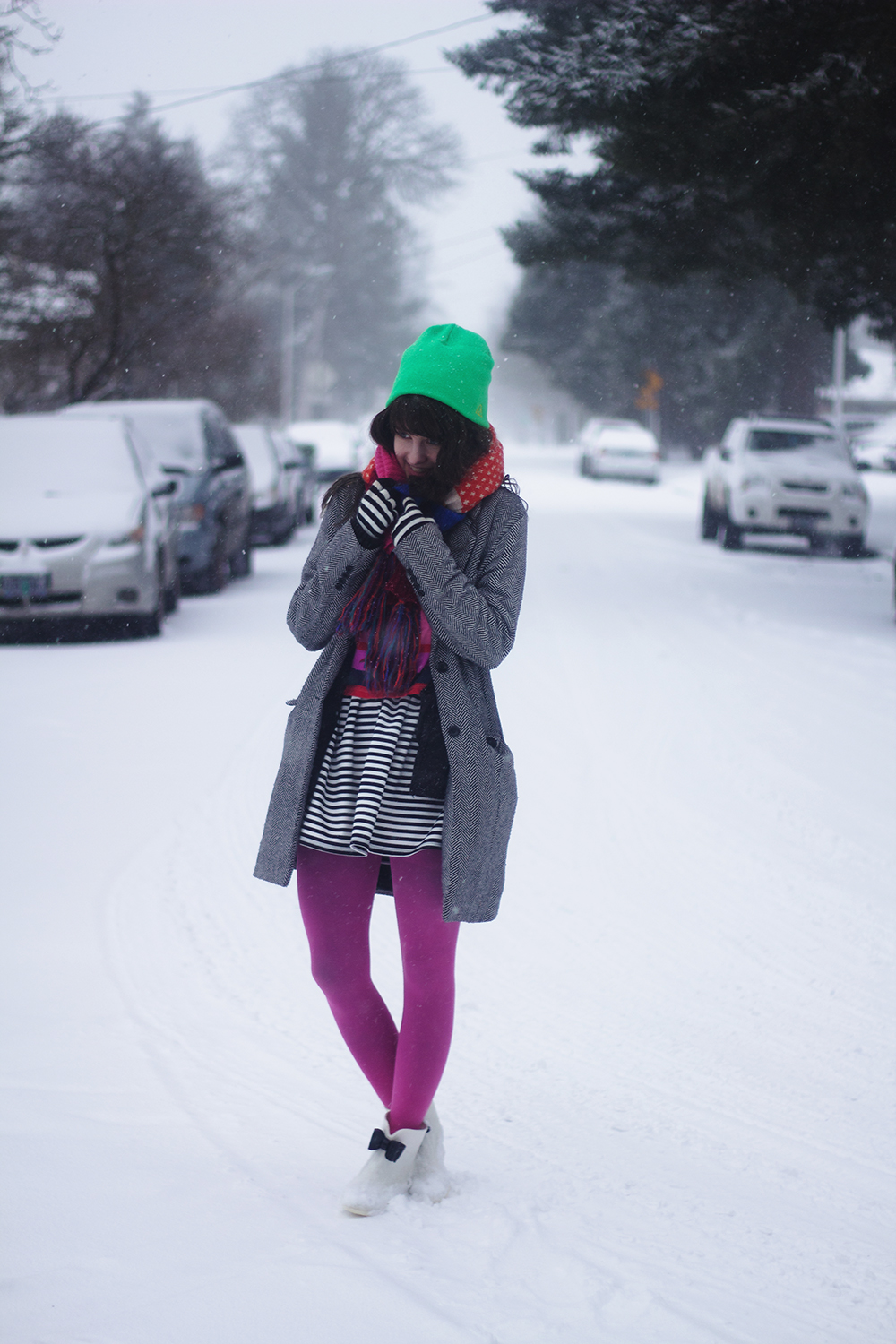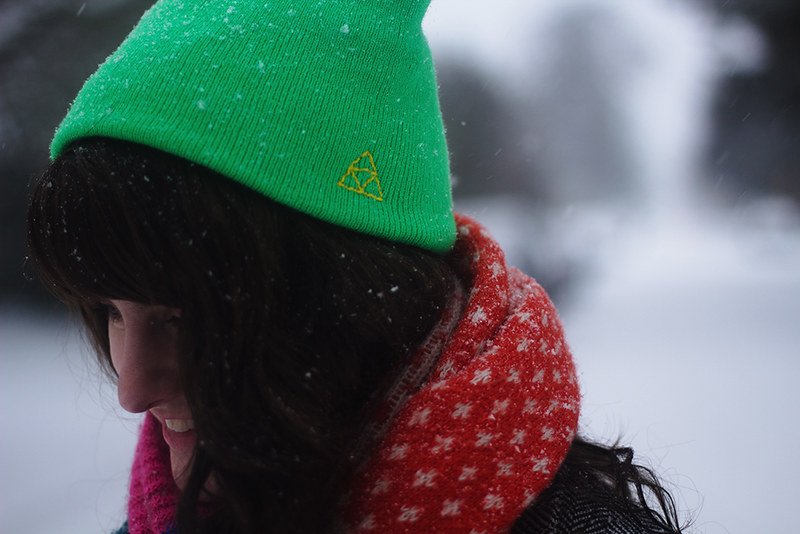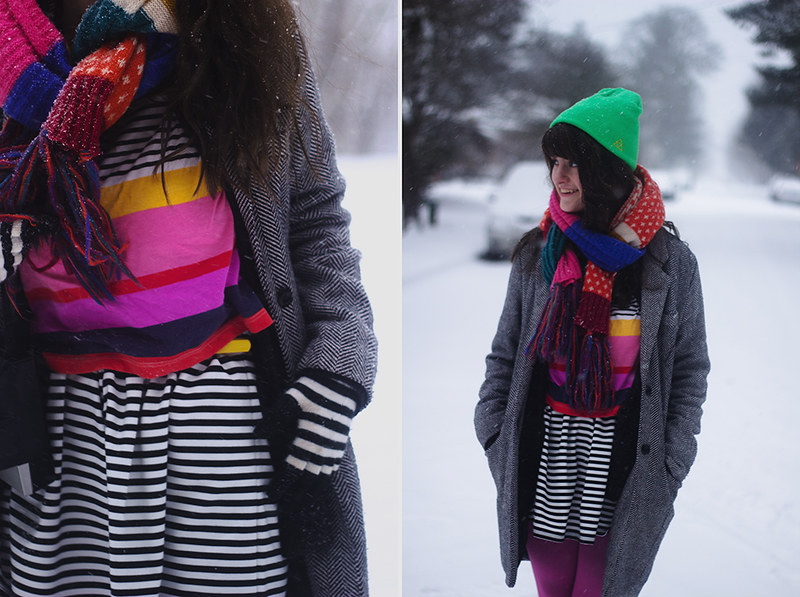
Here is a little life update for you all, as I haven't posted too much about my personal life in a while. Things are busy, but good. If it wasn't required for class, I would probably take a blog hiatus due to all the things going on. The biggest thing is our school's yearbook, which is being transformed this year by myself and a team of amazing, creative people. I have been so blessed by getting to work on this project, and with the print deadline coming up very quickly, I am barely swimming above water to get everything done. Contacting businesses and teams, gathering instagram photos, taking photos, interviewing, and writing articles, it has been and will be a hectic couple of weeks! But the wonderful thing is, everyone on our team is very invested and we won't rest (literally. We have scheduled a couple all nighters to work on the book) until it is amazing. If you want to watch a cool video about the yearbook, you should look here.
Another big thing is getting my university's Art and Design Blog underway. It's slowed down a bit due to technicalities in getting it set up, but I am very excited about it. Hand-in-hand with that is a design agency that we are trying to found, but that is still in the pre-production stage.
Then, and I am very excited to announce this, I got an internship! A couple weeks ago I mentioned going for an interview on instagram, but didn't say anything else about it because I wasn't sure I would get it. But I did, so here we are. It's during this school year, for a wedding photographer, and I'll be doing stock photography for him--keywording things, setting up photoshoots, making money, all that jazz. I am very excited for this opportunity and can't wait to start it in the next few weeks!
Other random things in my life:
1. Matt and I celebrated our three year anniversary yesterday, and I love him more every single day.
2. For my photography class, I have to take pictures of strangers, and it's been stretching me in the best way. (Doesn't make it any less terrifying!)
3. Today I got to hold a sugar glider! Now I have to figure out a way to get one for myself.
Other than that, it's the daily grind of schoolwork, photography work, and trying to get a nap in any time I can. But life is good. And I am happy.
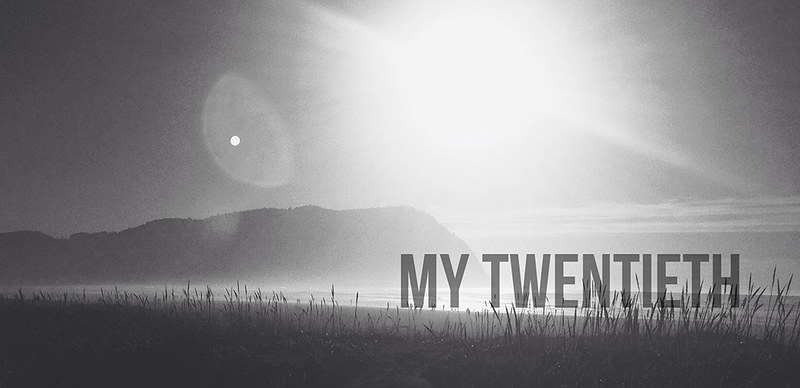
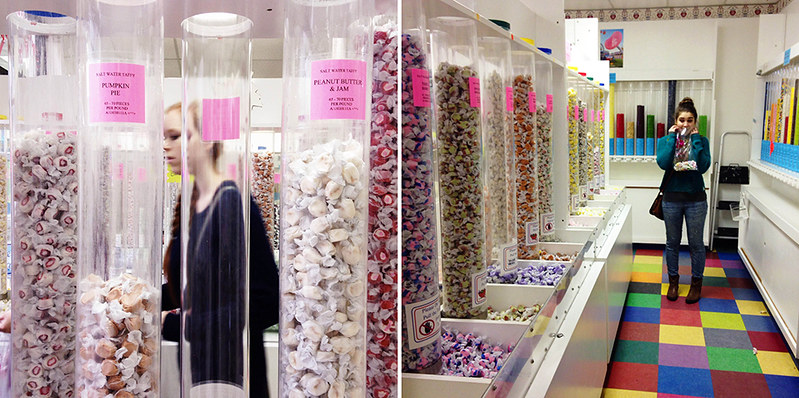
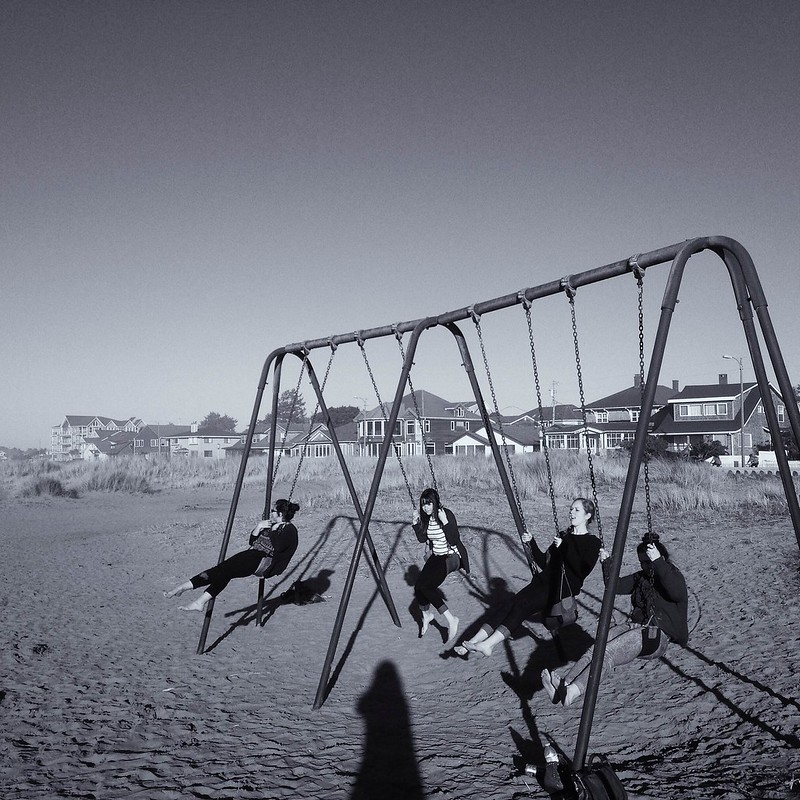
My twentieth birthday was on January twentieth, so I knew it would be absolutely perfect. The entire United States also decided to celebrate, so we all got a day off of school to partake in birthday festivities. I have decided that the best kind of birthday is the one where I'm surrounded by my favorite people and we are all adventuring together. Last year my friends took me to a chocolate festival where we ate our body weight in pure delicious, so I wasn't sure how we were going to top it this year. But we found ourselves on the beach, on a particularly warm day, with the sun shining down.
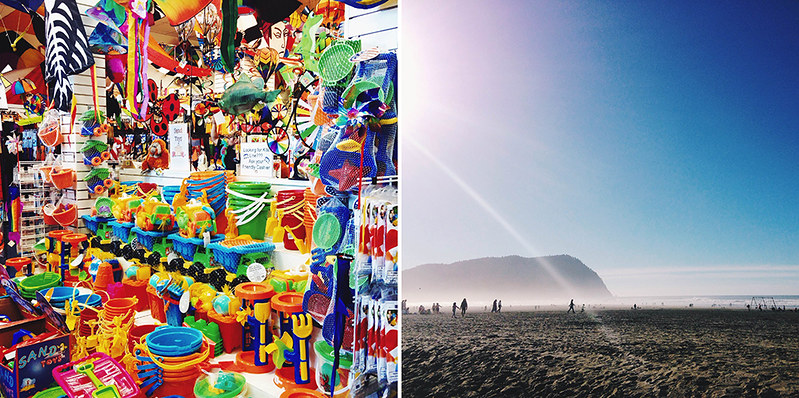
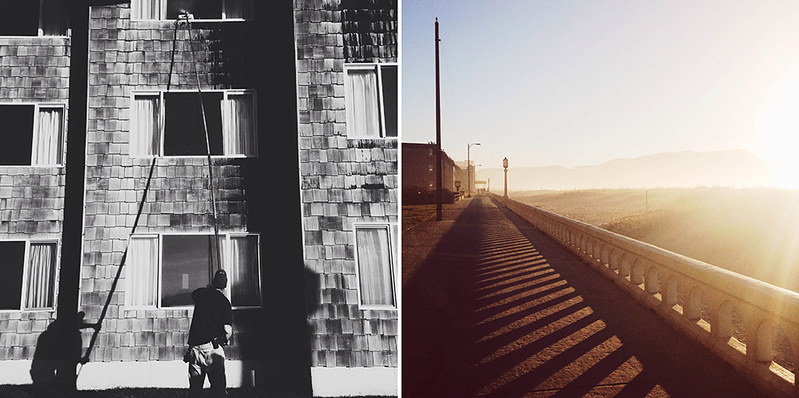
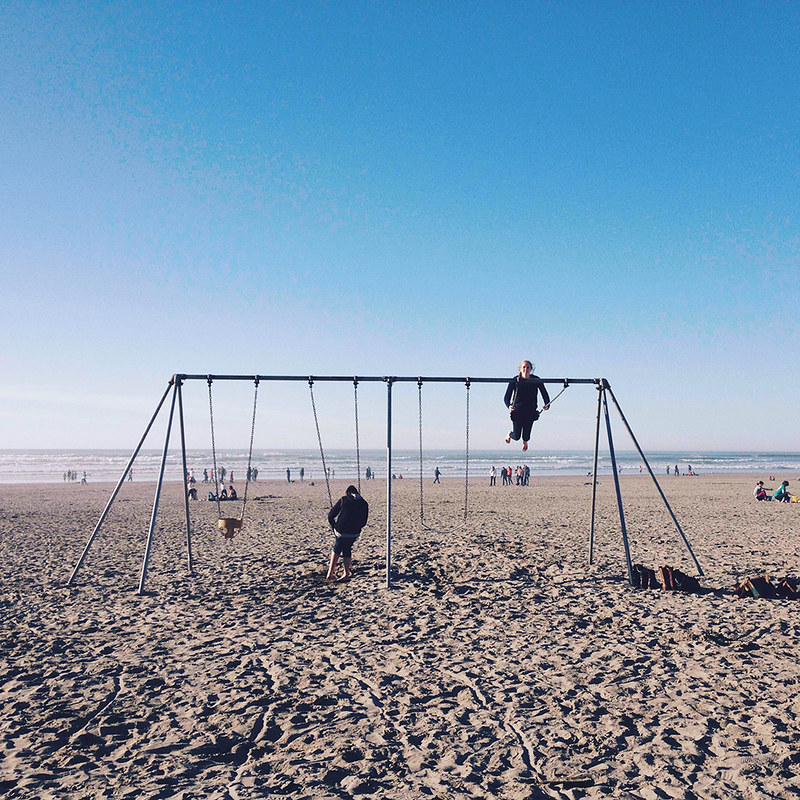
For my own documentation purposes, we rode on a merry-go-round, explored the many shops in town, ate so much candy and so much food, and explored the beach. I am just so in love with the ocean and being able to be near it for a milestone day was a wonderful gift. That, and being with my best friends made it more than what I could have hoped for. For a moment, everything was right with the world.
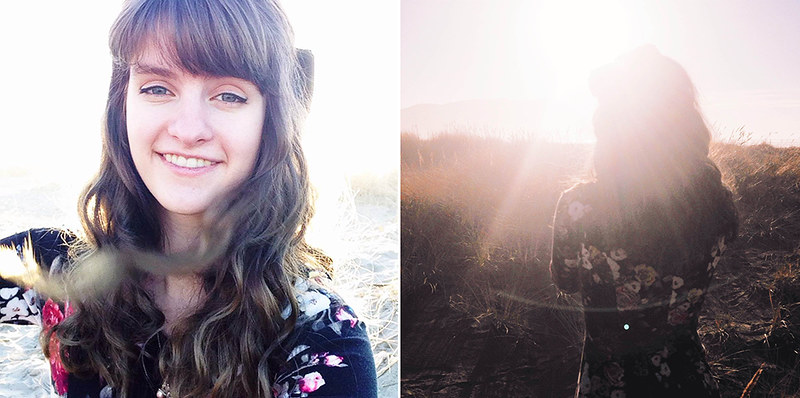
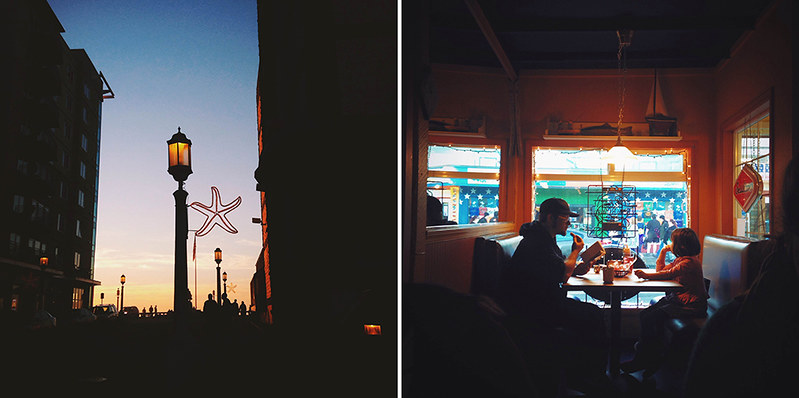
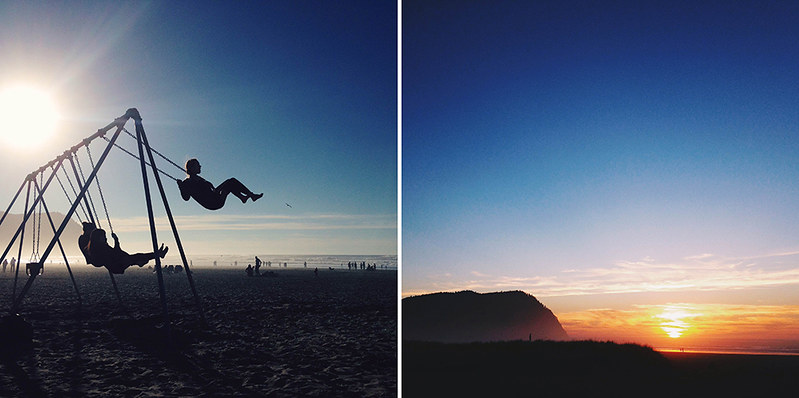
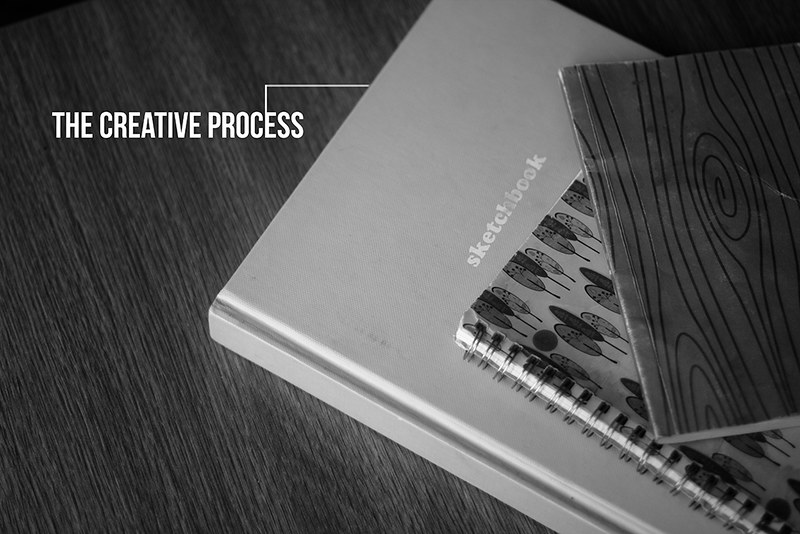
The creative process, or coming up with ideas, is somewhat elusive to a lot of people. Over the years I've been able to figure out how to be able to come up with ideas on a time limit, and come up with several good ones for the same concept. Today I want to share with you my own process for generating ideas, whether that be photo concepts or story ideas or anything else.
Step One: Freak Out
Okay, now that we have freaking out--"Oh crap, I have two photo assignments due in one week plus a fiction writing assignment, what am I going to do?"--out of the way, we can calm down. It's hard to be doing several projects at one time, and the very first step is to freak out so that I can then calm down and focus and get to work. It's also good to write out a list and prioritize each task. Which one is due first, which one will take the most time, etc. are important questions to ask. When you figure out which thing you need to do first, then you're good to go.
Step Two: Brainstorm
A. I gain inspiration from many things. Music is a huge factor, as I often take lyrics and create photos based on them. In 2010 I even did a photo series based on a particular song, which was a huge turning point for my photography. Listen to music, listen to the lyrics, pay attention to how a piece makes you feel, and try to visualize something from the story it tells or how the harmonies affect you. Though it is a cliche, inspiration is literally everywhere. It's all a matter of opening your eyes, trying to look at things from different angles, and thinking to yourself, "How can I turn this situation or this scene into a great photo? A great story?" I like to call this method of being aware of the world "perceptive brainstorming". It's exploiting things already in the world--newspaper clippings, other photos, conversations, words, a mountain scene, anything--and transforming them.

Example one: The idea for this photo came about from the Red String of Fate, which I thought was a very beautiful concept. After I got the initial inspiration, I sketched out ideas, came up with camera angles and props, and went to work!
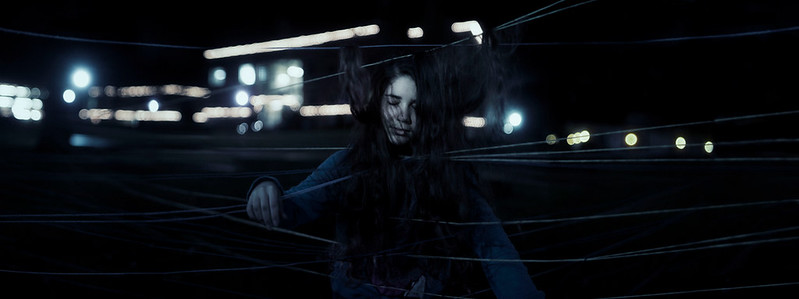
Example two: While I do sketch out a lot of my ideas, sometimes it's okay to go out without any plan in mind. There was an art installation on the university quad that I knew was too good to pass up, so I made my model interact with it to create this piece. It was in thinking about strings and people's reaction to the piece and how humans are connected that I came up with the title, "Societal Convergence" and I am sure there is a novel hidden in there somewhere.
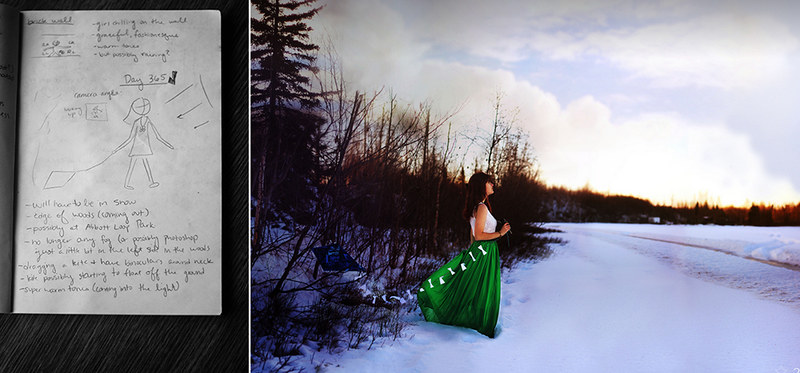
Example three: This was the final photo in my 2012 365 project. Throughout that year I had been doing a series all about coming out of the fog or funk that I was in and stepping into the light. This was the first photo in that series, and the series was simply putting an image to my feelings towards photography and art.
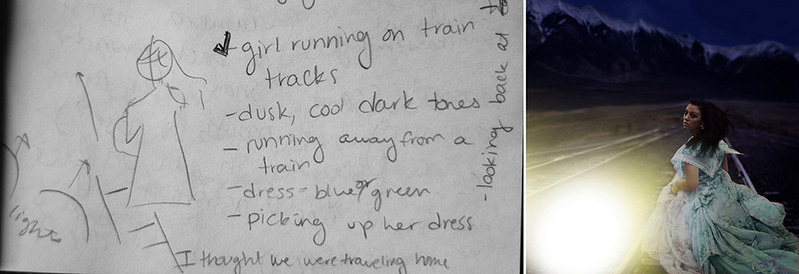
Example four: This photo was inspired by this song. I wanted to do a photo with a train that would express the feelings I felt from listening to the song.
In taking my Introduction to Graphic Design class last semester, I came away with several other brainstorming methods that I now use in everyday life. These are from the book Graphic Design Solutions by Robin Landa, which is overall a great resource for creatives, even if you aren't interested in Graphic Design.
B. The first tool from the book to generate ideas is "Group Brainstorming", which is pretty self-explainatory. It's the idea that a problem is presented to a group, and when one person thinks up an idea, it triggers more within the group. To apply it specifically to myself, whenever I get a new assignment for my photography class, the first thing I do, even before I do perceptive brainstorming, is present the assignment to my friends. They all have varying degrees of creativity, which allows each of them to contribute something different. For example, my latest assignment was based on the prompt "A strange day, indeed." Super vague, right? This one was a challenge for me since because it was so vague, I couldn't really grab onto anything from the prompt to take it to something different. I thought of doing an alien photo like I did in 2010, but wasn't really keen on doing something like that. Everyone in my apartment wracked our brains for a couple nights, until finally one person thought, "Let's do something like Narnia!" It might have been a joke, but as I looked outside with snow starting to fall on the ground (a very strange thing indeed for this part of Oregon), and saw it swirling around the lamp posts, I knew it would be perfect (that photo will be released in the next couple of weeks!).
C. Another way to generate ideas is "Mind Mapping", which is a way to organize word associations. You draw a circle around a starting word on a sheet of paper, then let similar words branch off of those, until you have a map of many different avenues and streets.
D. A third way is to simply create. The best way to not have writer's block? Write! Sometimes you just have to draw out weird things that make no sense to get ideas. One thing I like to do is scribble on a piece of paper and then try to picture a scene from the nonsense. It's a fun way to come up with ideas.
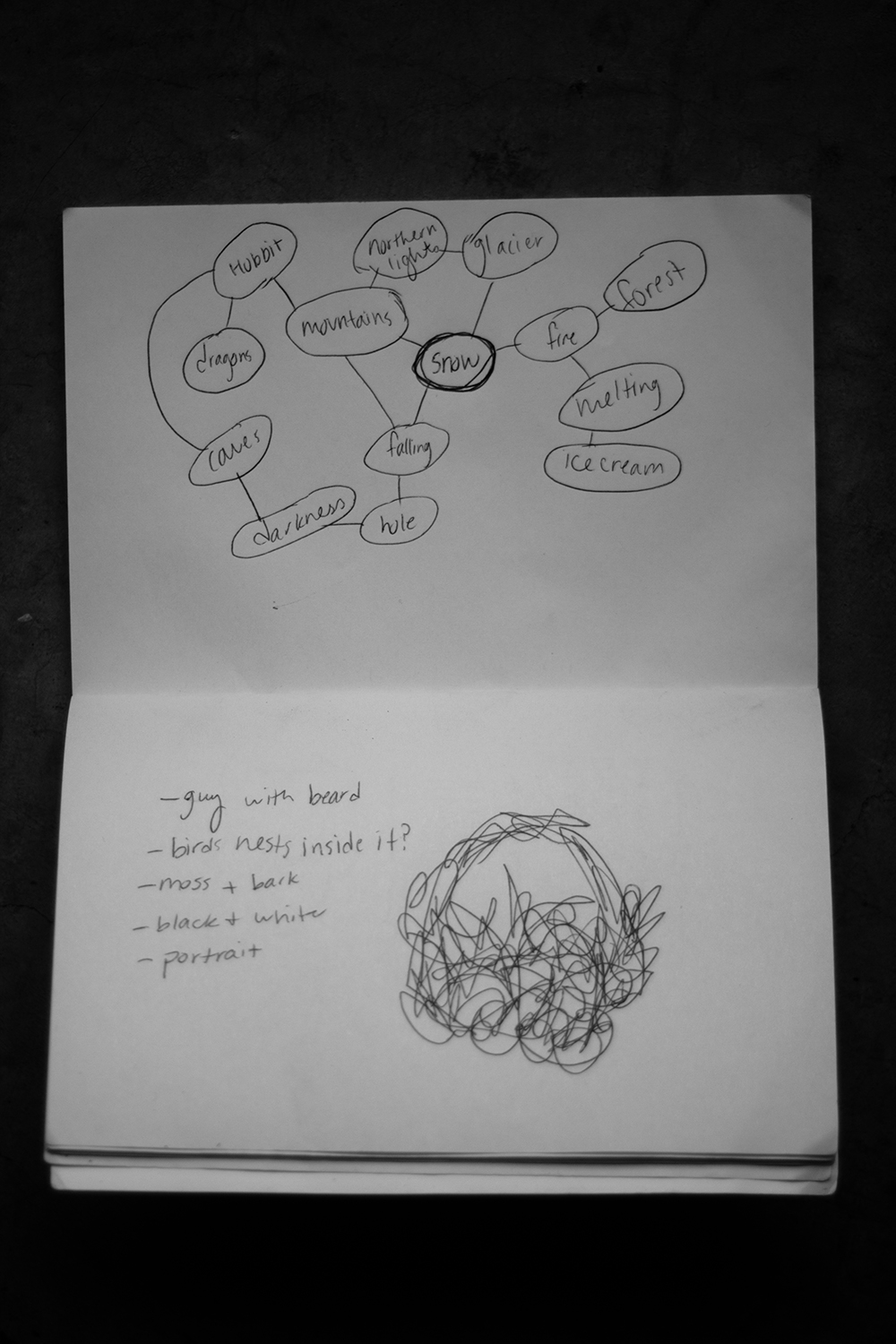
Here's a quick example of mind mapping and scribbling. For the mind mapping, I came up with a silly portrait idea of someone holding melting ice cream, or an epic scene of someone traveling inside a dark tunnel, or the idea of how a forest fire is started by a single spark. For the scribbling, I saw the face of a cute old mountain man with birds and twigs and things living in his beard. In fact, I think there's a poem about that, which is another great place for inspiration!
Step Three: Be Brave!
Above all else, it's important to be brave when coming up with ideas. Don't let any thought be too out of the ordinary or too extravagant. And then go out and do it! I have so many photos that have never been published online because they didn't quite work out, but that's okay. I can revisit those ideas when I'm more skilled, and I know what I want and what I don't want from a photo. The point is to be brave and try everything.
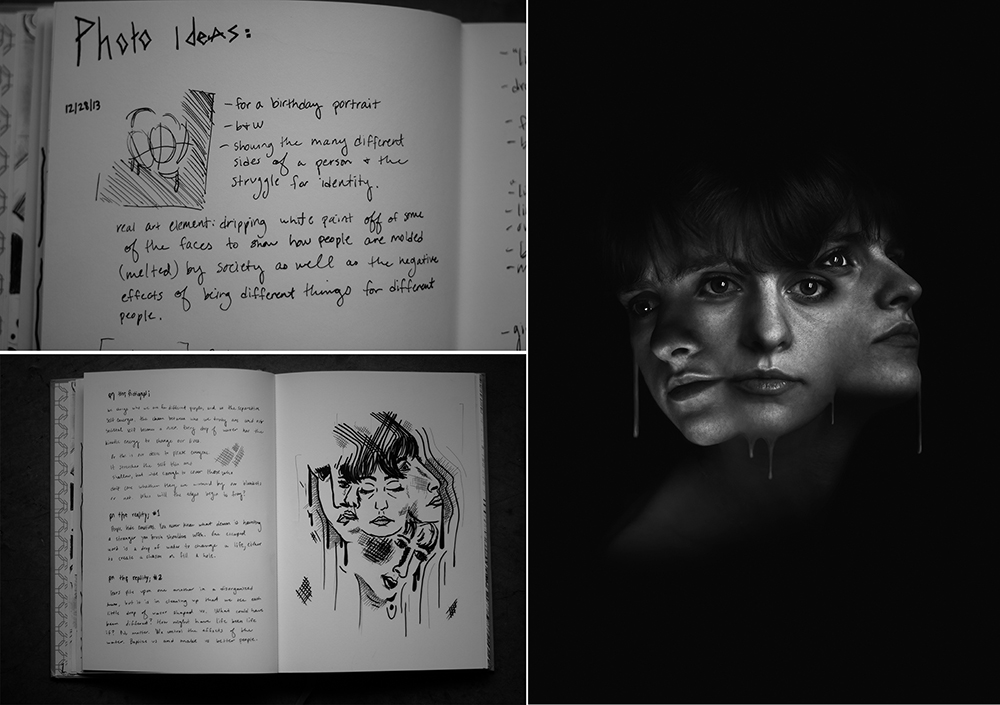
Here was the complete process I went through to create this photo.
I freaked out a bit, because my birthday was coming up, because I had done birthday portraits for the past few years, and because I didn't have any ideas for this year's photo. Then I calmed down and thought. Last semester I did a research paper on Sylvia Plath's Bell Jar in which I discussed the separative self. I became obsessed with the concept because it had so many different facets to it--being different things for different people, having complex personalities, forgetting who you really are--so after I figured out I wanted to create a photo based upon that, I sketched. The top sketch was my first crude idea of going for a straightforward interpretation of the concept. The second sketch was a bit more detailed. I played around with lines a bit, and I also wrote some text to go along with the piece. The motif of water that I used in the text helped me determine the drips in the photo (which can also represent the disintegration of the internal self). Then I shot the actual photo. Once I finished shooting, I let the idea sit for a few days and then I brought it into photoshop. Here it is good to note that photoshop is another great tool in generating ideas, as oftentimes my initial idea for a photo changes when I bring it up on the program. This is a good example of that. You'll note that in the final photo, only three heads ended up being used. It's important to be okay with the fact that your ideas might change. In fact, it's likely that they will change, whether they be a photo or a story you're writing or anything.
And above all else, use the fear of failure as fuel to push you harder and farther. If you're afraid you're not creative or you don't come up with good ideas, put that thought in a deep, dark cave and burn it. Because generating ideas is nothing more than observing the world and making sense of the things we see. It may take a while, maybe even years to get to a place where idea-generation comes naturally. The fact of the matter is that it is natural, but too many people ignore that ability and become stiff. It takes a bit of time to loosen up the joints, but have patience, be brave, and have fun!
If you want to read a bit more about improving your creativity, be sure to check out this article as well.
